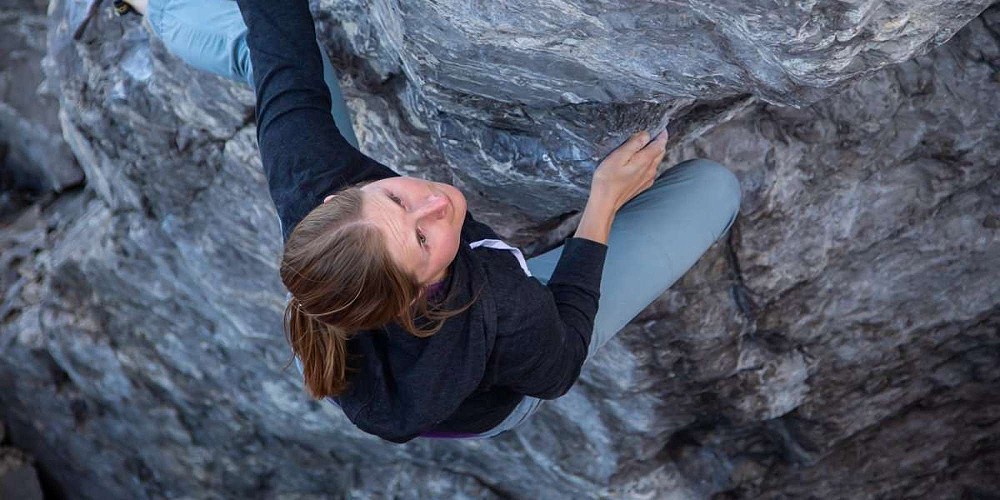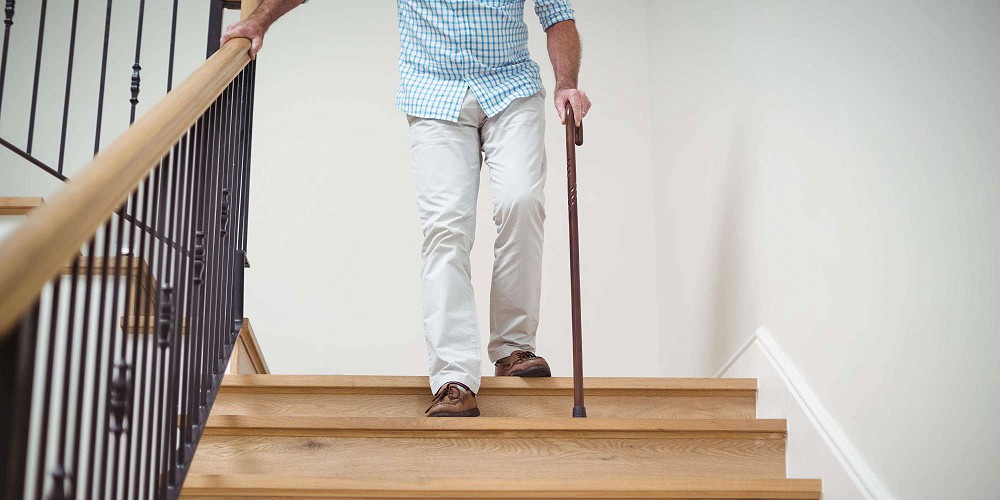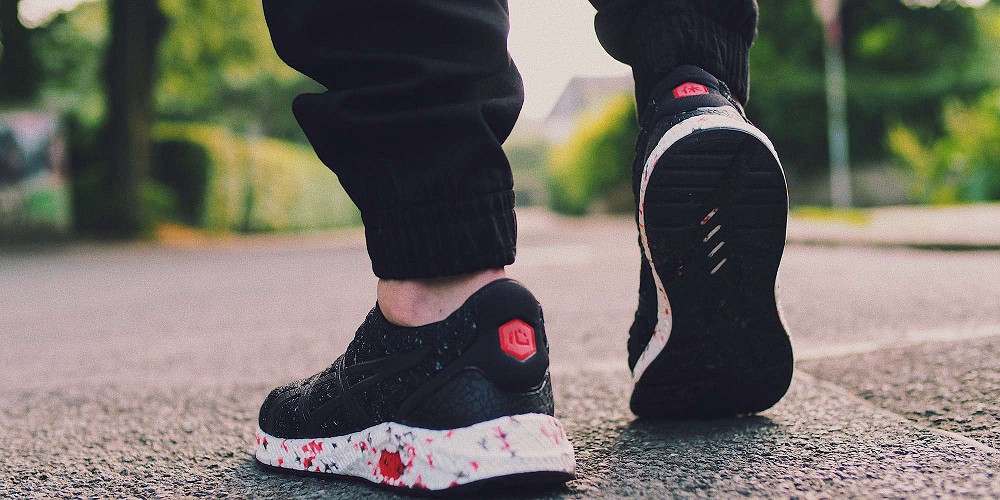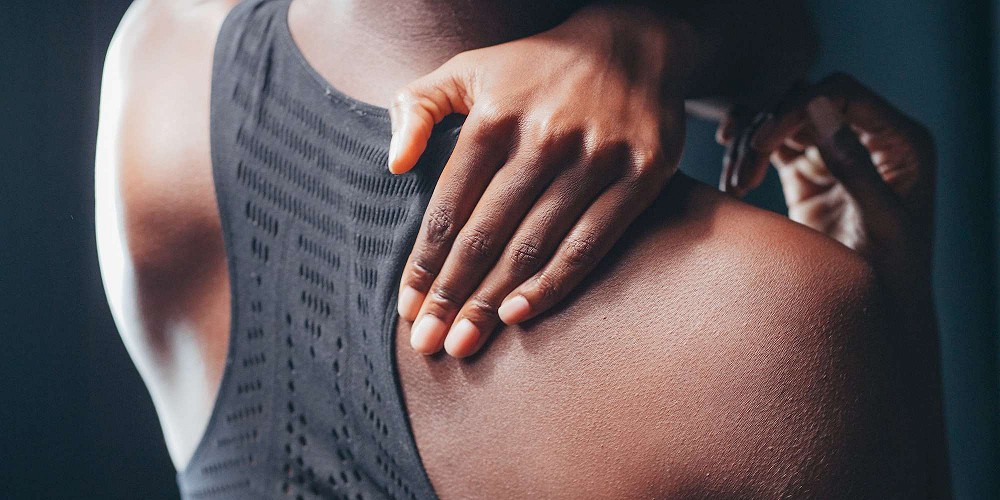Articles & Downloads
Read a collection of health and recovery related articles written by the team at Pinpoint Physiotherapy & Health.

Articles Page 3 of 6
-
 ArticleView Post
ArticleView PostShoulder Health for Rock-Climbing
Understand the importance of building strength and resilience through the shoulder joint to continue climbing injury-free.
-
 ArticleView Post
ArticleView PostTruth, Reconciliation, and the Medicine Wheel
Feeling disconnected from your ideal health? Learn how to regain your holistic health and well-being.
-
 ArticleView Post
ArticleView PostLiving with Osteoporosis: What To Do For Better Bone Health
Osteoporosis is a disease characterized by low bone mass and deterioration of bone tissue, which can lead to increased risk of fracture.
-
 ArticleView Post
ArticleView PostOffice Ergonomics & Improving Your Workspace
Ergonomics is the science of designing the workplace environment to fit the worker. By adjusting the workstation to the individual needs of the worker, many common injuries can be prevented.
-
 ArticleView Post
ArticleView PostMOVE: An Approach to Treating Acute Injuries
M.O.V.E. has been proposed as the new standard treatment approach for acute injuries – but what does it mean?
-
 ArticleView Post
ArticleView PostPelvic Floor Health During Pregnancy & Postpartum
Being pregnant is a wonderful and exciting experience... that can also feel like a tumultuous roller-coaster ride.
-
 ArticleView Post
ArticleView PostCan Poor Posture Cause Jaw Pain?
Posture is the position in which we hold our bodies while standing, sitting, or lying down. What does it have to do with jaw pain?
-
 ArticleView Post
ArticleView PostRunning Without Injury: Risk Factors & Injury Management
Understand the risk factors associated with running and you’ll be able to hit the ground running while staying injury-free!
-
 ArticleView Post
ArticleView PostHow a Holistic Approach to Fitness Can Help Prevent Injury
Fitness is about much more than our last run, or our personal best. Understanding our imbalances is key to success.
-
 ArticleView Post
ArticleView PostFrozen Shoulder: Causes, Symptoms, & Treatment
Frozen shoulder (adhesive capsulitis) is a painful shoulder condition of gradual onset that is associated with stiffness and difficulty sleeping on the affected side.
Downloads
-
Pelvic Floor Physiotherapy Review
Pelvic floor muscle training versus no treatment, or inactive control treatments, for urinary incontinence in women. Authored by Chantale Dumoulin and Jean Hay-Smith.
-
Shockwave Therapy: Scientific Studies Overview
This PDF download describes the biological actions of shockwaves that explain the beneficial effects on tissue healing and regeneration.
-
Pregnancy & Pelvic Floor Physiotherapy Study
Randomised controlled trial of pelvic floor muscle training during pregnancy. Authored by Kjell Å Salvesen and Siv Mørkved.
-
Intramuscular Stimulation (Sang-Chul Lee and Young-Jae Kim)
Sang-Chul Lee and Young-Jae Kim take a deep dive into the science behind IMS.
Get Started with Your Recovery


